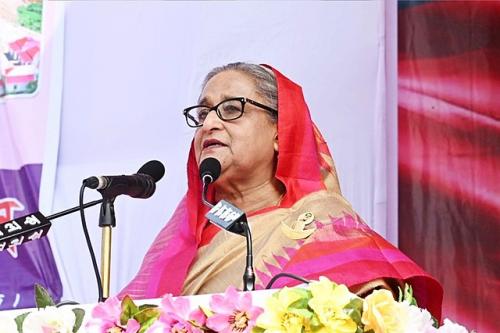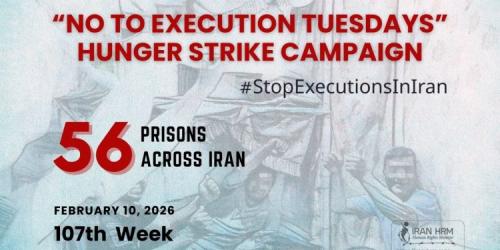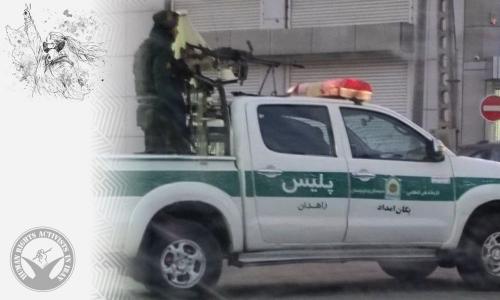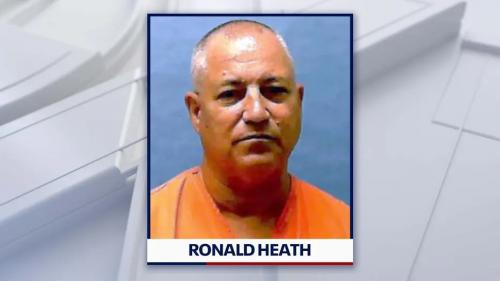17 November 2025 :
A Bangladesh war crimes court sentenced ousted Prime Minister Sheikh Hasina to death on November 17, 2025, concluding a months-long trial that found her guilty of ordering a deadly crackdown on a student-led uprising last year.
The ruling is the most dramatic legal action against a former Bangladeshi leader in decades and comes months ahead of parliamentary elections expected to be held in early February.
Hasina's Awami League party has been barred from contesting and it is feared that the November 17 verdict could stoke fresh unrest ahead of the vote.
The International Crimes Tribunal, Bangladesh's domestic war crimes court located in the capital Dhaka, delivered the verdict amid tight security and in Hasina’s absence after she fled to India in August 2024.
Hasina got a life sentence under charges for crimes against humanity and the death sentence for the killing of several people during the uprising.
There was cheering and clapping in the court after the death sentence was pronounced.
The verdict can be appealed in the Supreme Court.
But Hasina's son and adviser, Sajeeb Wazed, told Reuters on the eve of the verdict that they would not appeal unless a democratically elected government took office with the Awami League’s participation.
During the trial, prosecutors told the court that they had uncovered evidence of her direct command to use lethal force to suppress a student-led uprising in July and August 2024.
According to a United Nations report, up to 1,400 people may have been killed during the protests between July 15 and August 5, 2024, with thousands more injured — most of them by gunfire from security forces — in what was the worst violence in Bangladesh since its 1971 war of independence.
Hasina was represented by a state-appointed defence counsel who told the court that the charges against her were baseless and pleaded for her acquittal.
Ahead of the verdict, Hasina dismissed the accusations and the fairness of the Tribunal proceedings, asserting a guilty verdict was "a foregone conclusion."
Bangladesh has been tense ahead of the verdict, with at least 30 crude bomb explosions and 26 vehicles torched across the country over the past few days. There have been no casualties, however.
Hasina, 78, who has remained in India since she was overthrown in August 2024, challenged the legitimacy of the Tribunal in an email interview with Reuters last month.
"These proceedings are a politically motivated charade," she said. "They have been brought by kangaroo courts, with guilty verdicts a foregone conclusion. They are presided over by an unelected government which consists of my political opponents."
She also said she was denied adequate notice of the hearings and any meaningful opportunity to mount a defence, adding that she was not personally involved in the use of lethal force or other alleged crimes.
The Muslim-majority South Asian country of 170 million people has been governed by an interim administration headed by Nobel Peace laureate Muhammad Yunus since Hasina fled. Although the country has been largely peaceful since, political stability is yet to return.
In the Reuters interview, Hasina warned of growing anger among supporters of the Awami League and said that millions of party loyalists would boycott the parliamentary elections in February.
On November 17, security remained tight across Dhaka and other major cities, with paramilitary forces deployed around key government buildings and the tribunal complex.
Authorities said they were prepared for any trouble after the verdict.











